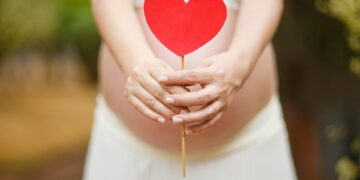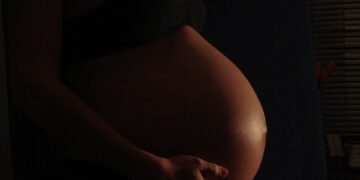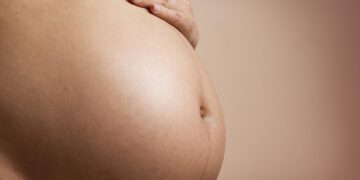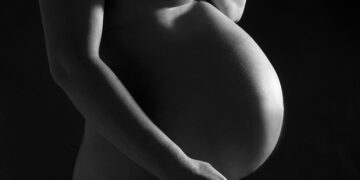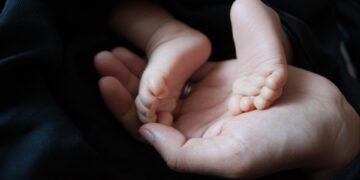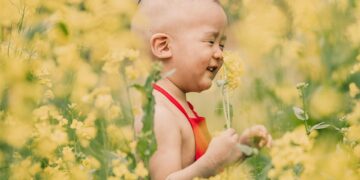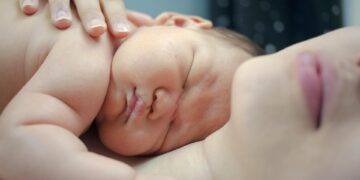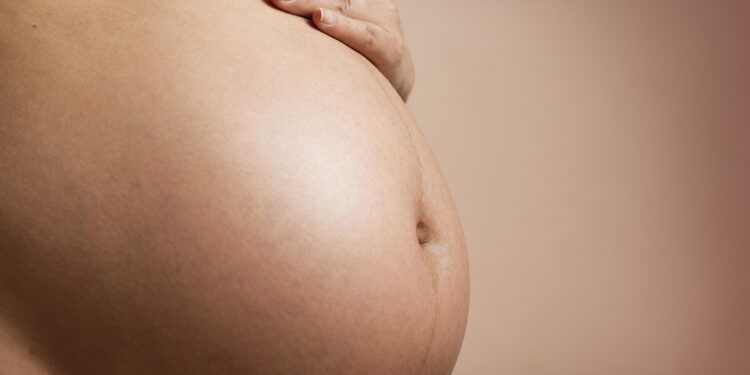Our journey into the complex and fascinating world of fetal development begins with the miraculous process of conception. From the moment a sperm fertilizes an egg, the intricate dance of cellular division and differentiation begins, ultimately resulting in the creation of a new life. The journey from a single cell to a fully formed baby is nothing short of awe-inspiring, and in this article, we will explore the various stages of fetal development, highlighting the incredible transformations that take place within the womb.
Conception and Early Development
The journey of fetal development begins with the miraculous moment of conception. When a sperm fertilizes an egg, a zygote is formed, which contains all the genetic information necessary to create a new life. Over the next few days, the zygote undergoes multiple rounds of cell division, forming a blastocyst that implants itself into the lining of the uterus.
Embryonic Development
Once implanted, the blastocyst begins to differentiate into three distinct layers: the ectoderm, mesoderm, and endoderm. These layers will give rise to the various tissues and organs of the developing fetus. By the end of the third week, the neural tube begins to form, eventually developing into the brain and spinal cord.
Organogenesis
During the fourth to eighth weeks of gestation, the process of organogenesis takes place, with the major organs and structures of the body starting to develop. The heart begins to beat, the limbs start to form, and the beginnings of the eyes, ears, and other sensory organs take shape. By the end of the embryonic period, all major organs and structures are present, although they are not yet fully developed.
Fetal Development
From the ninth week onwards, the developing organism is referred to as a fetus. During this stage, the focus shifts from organ formation to growth and maturation. The fetus undergoes rapid development, with the limbs lengthening, facial features becoming more defined, and the internal organs continuing to mature.
Third Trimester Development
By the third trimester, the fetus is nearly fully developed, with only a few final touches remaining. The lungs continue to mature in preparation for breathing air, and the brain undergoes significant growth and development. The fetus also gains weight rapidly during this period, preparing for life outside the womb.
Common Questions About Fetal Development
Throughout the process of fetal development, many questions may arise. Here are some common queries and their answers:
When Does a Fetus Start to Move?
Fetal movements, also known as quickening, can typically be felt between 16 and 25 weeks of gestation. However, first-time mothers may not feel these movements until closer to 25 weeks, while experienced mothers may notice them as early as 13 weeks.
What Can Affect Fetal Development?
Several factors can impact fetal development, including maternal health, nutrition, exposure to toxins, and genetic factors. It is essential for expectant mothers to maintain a healthy lifestyle, attend prenatal appointments, and avoid harmful substances to support optimal fetal growth and development.
Can Fetal Development be Monitored?
Fetal development can be monitored through various prenatal tests, such as ultrasounds, blood tests, and genetic screening. These tests can provide valuable information about the health and well-being of the fetus, allowing healthcare providers to detect any potential issues early on.
What Happens if Fetal Development is Delayed?
In some cases, fetal development may be delayed due to various factors, such as maternal health conditions or genetic abnormalities. If a delay is suspected, healthcare providers may recommend additional monitoring or interventions to support the fetus’s growth and development.
The Miracle of Life
The journey of fetal development is a testament to the incredible complexity and beauty of life. From a single cell to a fully formed baby, the process of creating a new life is nothing short of miraculous. By understanding the various stages of fetal development and the factors that can influence it, we can appreciate the intricate world within the womb and the incredible journey that each new life embarks upon.

